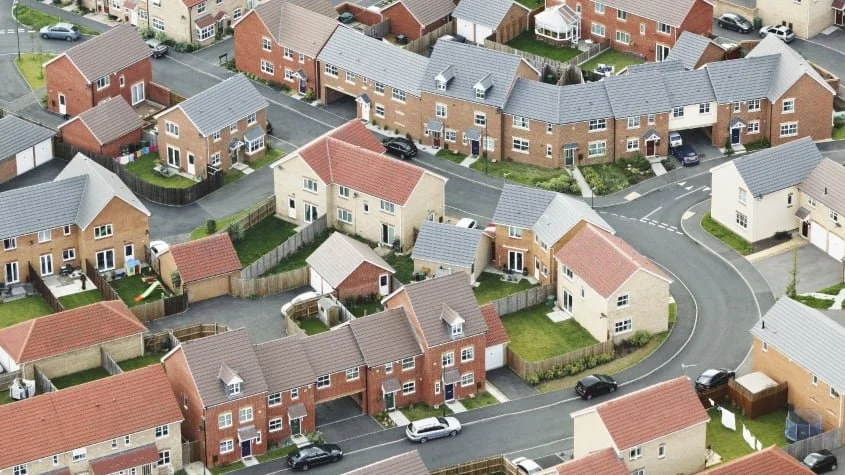Clear Water for Housing Development?
Week #35 saw renewed discussion over how changes in regulation might bolster #housing provision in the UK—with the government announcing that it would be scrapping water pollution restrictions to enable the construction of 100,000 new homes. Tabled in the House of Lords on Tuesday as an amendment to the government’s Levelling Up and Regeneration Bill, it is touted by the #conservatives as an opportunity to unblock ‘defective EU laws’ and deliver an estimated ‘£18bn boost to the #economy’.
The laws under revision were introduced while the UK was still part of the EU in 2017, and are designed to ensure developments do not leak nutrients into local waterways and wetlands. They currently impact 62 local authorities in protected areas, including Somerset, Norfolk, Teesside, Kent, Wiltshire and the Solent. Under the existing rules, #developers are responsible for preventing or offsetting #pollution to gain planning permission, which both the government and developers claim has hampered the construction of new homes in some areas.
To offset the potential pollution entering the UK’s waterways, the government has pledged to double #investment in Natural England’s nutrient mitigation to £280m. The additional £140m of funding for this scheme will come from the #taxpayer, shifting the short-term #financial burden to them, rather than developers. The government does, however, claim that in the longer term, the #housebuilding industry will make ‘appropriate and fair’ contributions to the cost of offsetting these changes and the pollution that might come with them.
Changing regulations to unlock the #construction of a huge number of new homes is likely to prove a popular decision across the board, with any possible environmental impacts relegated to a footnote—provided housing is delivered in the promised numbers.
The FT editorial team also called for further changes in regulation—albeit taxation—to support a flagging housing market. The editorial takes aim at council tax, stamp duty and #business rates, claiming that the current form of these taxations exacerbates #inequality and reduces productivity. In addition to replacing council tax with annual proportional property value tax, and business rates with land value tax, the article calls for stamp duty to be #scrapped.
A report from LSE in partnership with the Family Building Society, on the stamp duty ‘holiday’ during #COVID-19 came to a similar conclusion, deeming it an ‘unacceptable’ form of taxation, and praising the holiday’s efficacy in boosting the housing market (50% more transactions during Q1 of 2021 than Q1 2020 is claimed in the report). Although increased demand no stamp duty may see increasing house prices, the solution to this should be more housing, rather than more taxation—the report asserts.
Ultimately, both the discussions; the removal of #environmental restrictions and calls to abolish stamp duty have some central common ground: they both locate the supply of housing stock as a key and urgent priority. Wherever you sit in this debate—it provides food for thought heading into the weekend.

